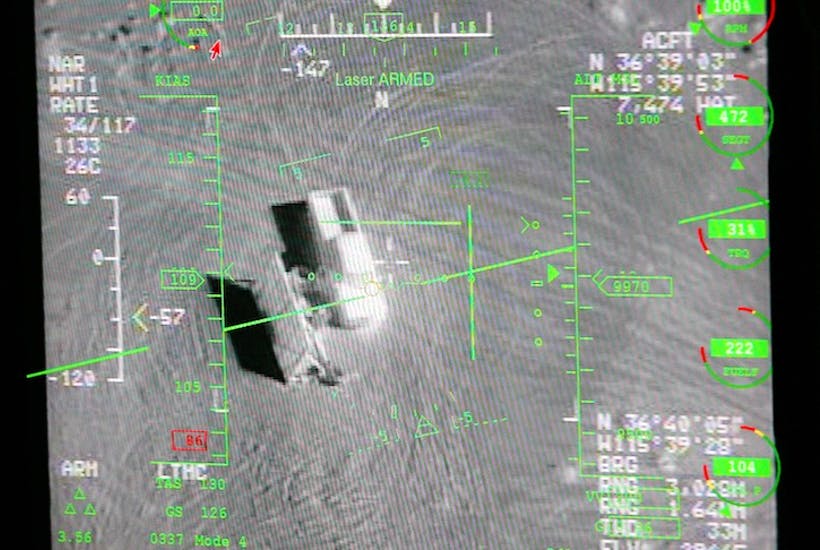It’s no surprise the Ministry of Defence is struggling to recruit and retain drone pilots. The psychological burden of operating these remote-controlled killing machines can be considerable. Although thousands of miles separate the target and the person pulling the trigger, there is no escape from the fundamental point that drone operators – for right or wrong – are tasked with taking a person’s life.
This story is also a reminder that each new era of warfare presents its own unique horrors. In my career as a military lawyer, before my ordination as a priest, I devoted a great deal of thought to the morality of war and questions about the legality of drone strikes.
The battlefield is constantly evolving. In times gone by, crossbows were considered immoral because they enabled a foot soldier to kill a knight at distance. In the First World War, long-range artillery was regarded with suspicion as it allowed targets to be engaged ‘beyond the horizon’.
The Reaper drone, manufactured by General Atomics – renamed Protectors when sold to the UK – are simply the latest manifestation of the future battlefield but, like weapons of old, they are not proscribed in law.

Britain’s best politics newsletters
You get two free articles each week when you sign up to The Spectator’s emails.
Already a subscriber? Log in







Comments
Join the debate for just £1 a month
Be part of the conversation with other Spectator readers by getting your first three months for £3.
UNLOCK ACCESS Just £1 a monthAlready a subscriber? Log in